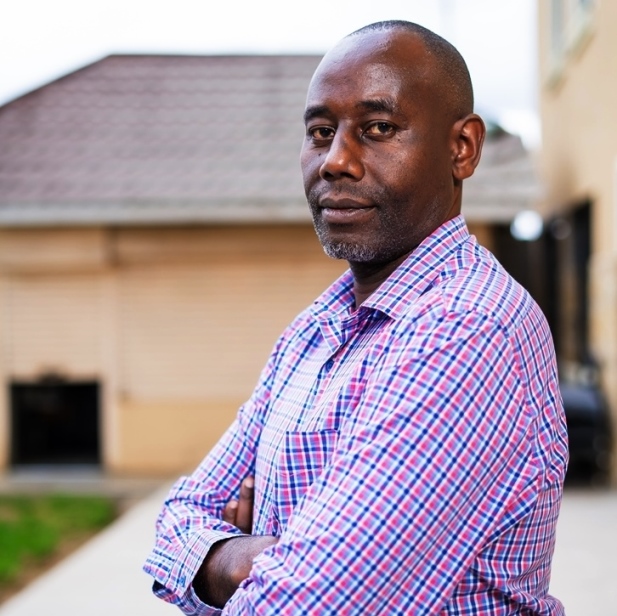The virus that brought the world to its knees and claimed over 5,600 lives in Kenya might now be milder, but it is still around. Speaking to Baraka FM during the Jukwaa La Utafiti show, KEMRI-Wellcome Trust—Kilifi researcher Dr. Kimani Makobu said Kenyans should not be worried but should remain cautious.
“We have just managed the virus, but people are still getting infected. We, the researchers, are working to ensure we’re prepared in case another serious mutant emerges. Sometimes you’ll hear many people complain of the flu, and it may be more serious for those with underlying health issues. It’s just that we no longer carry out mass testing like we did during the peak of the coronavirus pandemic. But if we were to test now, we would still find positive cases,” he said.
Dr. Kimani called for collective responsibility, urging Kenyans to avoid crowded places such as matatus and to stay away from the workplace when experiencing a strong or persistent fever. He also encouraged people to visit a health facility as soon as possible.
“People should stop taking over-the-counter medication when feeling feverish. It’s best to go to a hospital and get tested. This isn’t the time when you would be put into quarantine after testing positive for the virus,” he added.
He explained that the research institution has been conducting surveillance on the virus and vaccines currently in the market, aiming to stay ahead. Since 2023, in partnership with Pfizer (an American pharmaceutical company), he has led a study on the bivalent vaccine targeting the Omicron BA.4 and BA.5 variants. Unlike the earlier monovalent vaccine, this version is designed to target two strains of the coronavirus.

Highlighting the safety of the study, which is being conducted in Kilifi County, he said that over the past two years, there has not been a single case of adverse effects, and they have conducted thorough check-ups on all participants. The study is now in its final stages, and they are currently evaluating the immune response. Findings from the study will be released soon.
Dr. Kimani, who is a medical doctor with specialized training in public and global health, further explained that vaccines typically remain effective for about six months, after which a booster shot may be necessary, similar to what happened in the country after the initial COVID-19 vaccine rollout.
In response to the importance of vaccination against coronavirus, he said:
“During the peak of COVID-19, the government made vaccination mandatory for citizens. But for now, it’s a personal choice. However, it’s an important opportunity for people with underlying health conditions such as cancer, HIV, or high blood pressure to get vaccinated and reduce their risk of contracting the virus.”
The World Health Organization reported 23,164 cases in the 28 days leading up to May 4, 2025. It remains critically important for the world, Africa, Kenya, and you as a citizen to uphold collective responsibility to ensure that the threat of a mutating coronavirus, or any other virus, does not catch us off guard.





